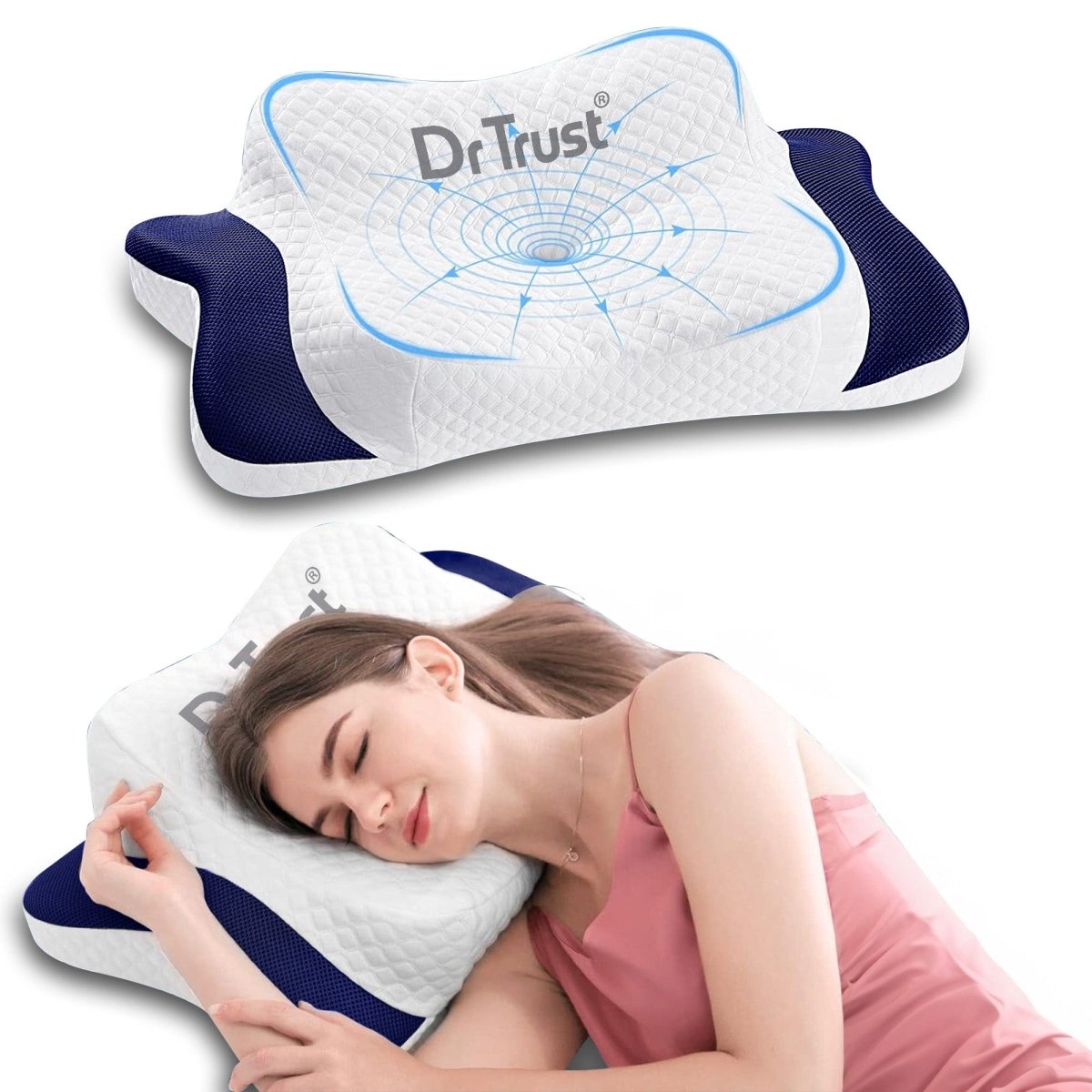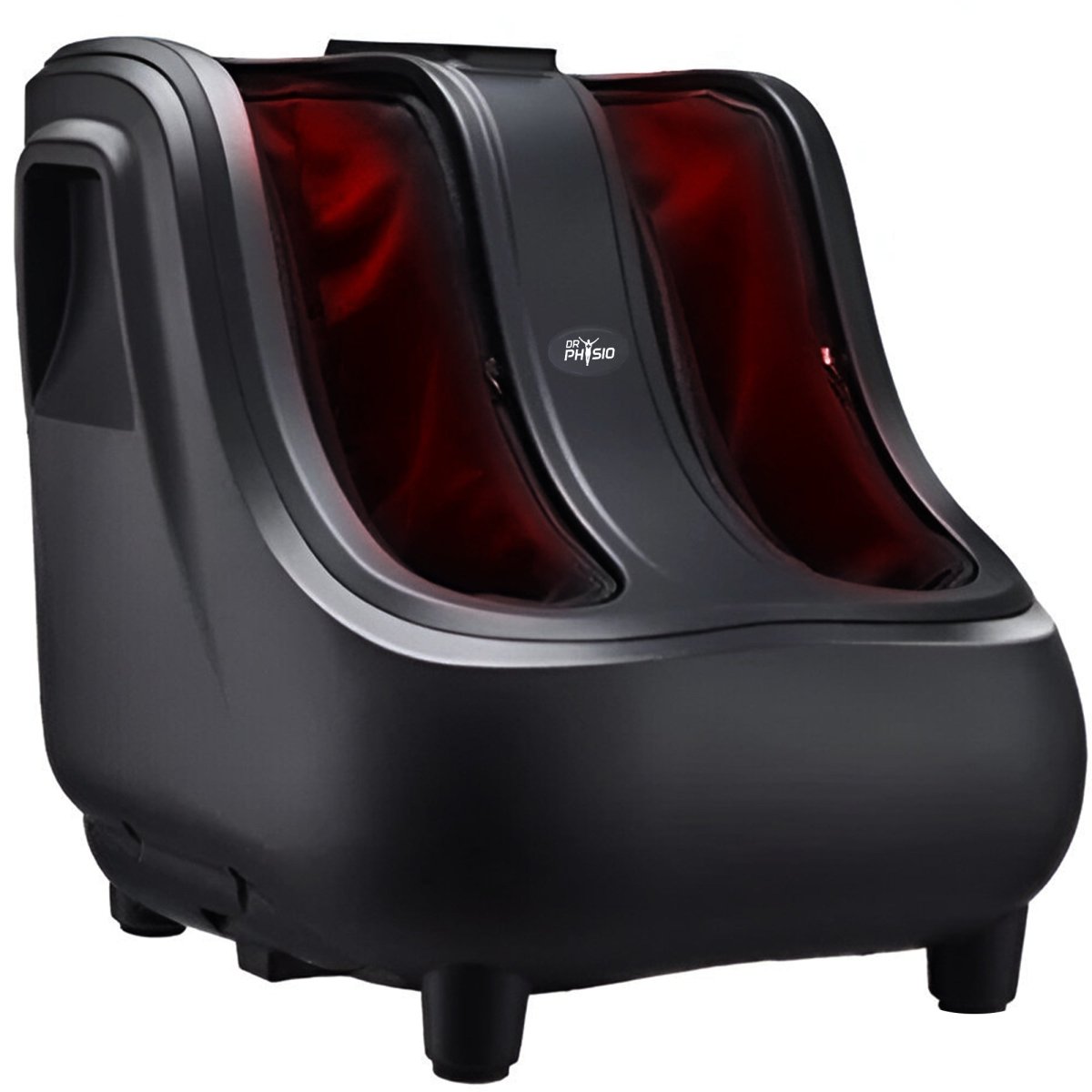Recovering after a hectic week is crucial to maintain your overall well-being and avoid burnout. Here are 6 activities that you can incorporate into your regular routine to maintain a healthier work-life balance in the long run.
After a hectic and demanding week filled with work, responsibilities, and obligations, it's crucial to take time for self-care and recovery. Rest and rejuvenation are essential for maintaining good physical and mental well-being. In this article, we will explore six effective ways to recover and recharge after a busy week.

Prioritize Restful Sleep
One of the most important aspects of recovery is getting sufficient restful sleep. During sleep, our bodies repair and regenerate cells, consolidate memories, and recharge our energy levels. To ensure a restorative sleep, establish a consistent sleep routine by going to bed and waking up at the same time each day. Create a sleep-friendly environment by making your bedroom cool, dark, and quiet. Avoid electronic devices before bedtime instead engage in calming activities like reading a book or practicing relaxation techniques such as deep breathing or meditation. You can sleep better with a neck pillow or cervical pillow with a unique shape to provide proper spinal alignment. Research studies suggest that a cervical pillow can help improve rest and relieve neck pain. A cervical pillow also improves your sleep by relaxing tense neck and shoulders muscles.1 It is often recommended by doctors for individuals who experience neck pain, stiffness, or discomfort.

Are you looking for a pillow specifically designed with a contoured shape to support the natural curvature of your neck and spine? Dr Trust Cervical pillow is an ideal choice as its design helps align your head and neck properly while you sleep.
Practice Mindfulness and Relaxation Techniques
When life gets hectic, it's essential to take time to relax and calm your mind. Mindfulness and relaxation techniques can help reduce stress, improve focus, and promote a sense of well-being. Meditation, deep breathing exercises, and progressive muscle relaxation are effective methods to induce relaxation. Find a quiet and comfortable space, close your eyes, and focus on your breath or repeat a calming phrase or mantra. Engaging in these practices for just a few minutes each day can significantly reduce stress levels and promote mental clarity.

Disconnect from Technology
In our modern world, we are constantly connected to our devices, which can be overwhelming and draining. Take time to disconnect from technology and allow yourself to recharge. Designate specific periods in your day or week where you refrain from checking emails, social media, or engaging in work-related tasks. Instead, spend quality time with loved ones, engage in hobbies or activities you enjoy, or simply indulge in some "me time." By disconnecting from the digital world, you create space for relaxation, creativity, and rejuvenation.

Engage in Physical Activity
Physical activity/ workout/ exercise may be the last thing on your mind after a tiring week, but it can actually aid in your recovery. Engaging in exercise releases endorphins, which are natural mood boosters and stress relievers. Choose an activity that you enjoy, whether it's going for a walk in nature, practicing yoga, dancing, or playing a sport. Exercise promotes better sleep, reduces muscle tension, and increases overall energy levels. Start with light to moderate intensity workouts and gradually increase as you regain your energy and strength. If floor-based bodyweight exercises like sit ups, push ups and body exercises are your favourite, a yoga mat should be at your home. A yoga mat is a versatile piece of equipment that provides a comfortable and non-slip surface for performing exercises at home.
Do Gym Exercises At Home
When you're unable to go to the gym due to any reason, there are several home exercise tools you can consider to maintain your fitness routine. A foam roller is a valuable tool for use at home. It helps relieve muscle tension and soreness by massaging and stretching the muscles.
You can also start with a set of dumbbells or weights to perform exercises like bicep curls, shoulder presses, lunges, and more. Jumping rope is an excellent option for improving cardiovascular fitness, burning calories, and improving coordination.
Consider using fitness apps or online workout classes to guide your home workouts. The apps like Dr Trust 360 will provide you with proper guidance on the exercises and sleep quality. These apps track your sleep patterns and provide tips to help you optimize your snooze time for better rest.
Nourish Your Body with Healthy Foods
Proper nutrition plays a vital role in recovery and overall well-being. After a busy week, it's important to replenish your body with nourishing foods that provide the necessary nutrients and energy. Focus on consuming a balanced diet that includes fruits, vegetables, lean proteins, whole grains, and healthy fats. Avoid excessive consumption of caffeine, sugary foods, and processed snacks, as they can lead to energy crashes and mood swings. Stay hydrated by drinking an adequate amount of water throughout the day, as dehydration can contribute to fatigue and sluggishness.

In a nutshell, recovery after a busy week is essential for maintaining a healthy and balanced lifestyle. Prioritizing restful sleep, engaging in physical activity, practicing mindfulness and relaxation techniques, disconnecting from technology, and nourishing your body with healthy foods are all effective ways to recover and recharge. Remember to listen to your body's needs and give yourself the care and attention you deserve. By implementing these strategies, you can bounce back from a busy week and start the next one with renewed energy and vitality.
Reference Link












